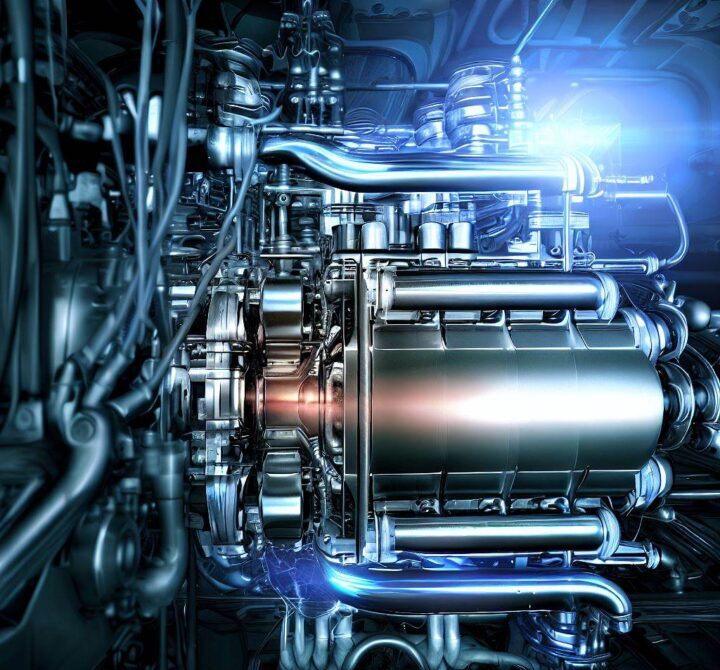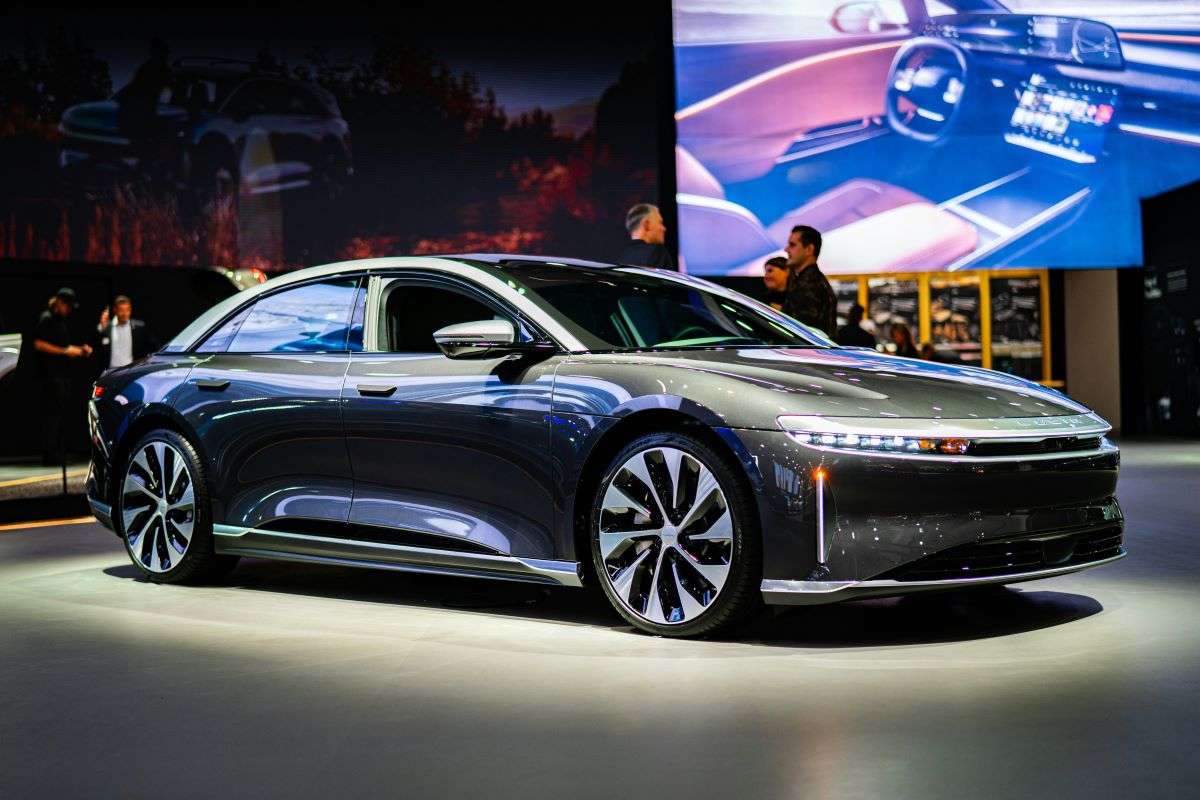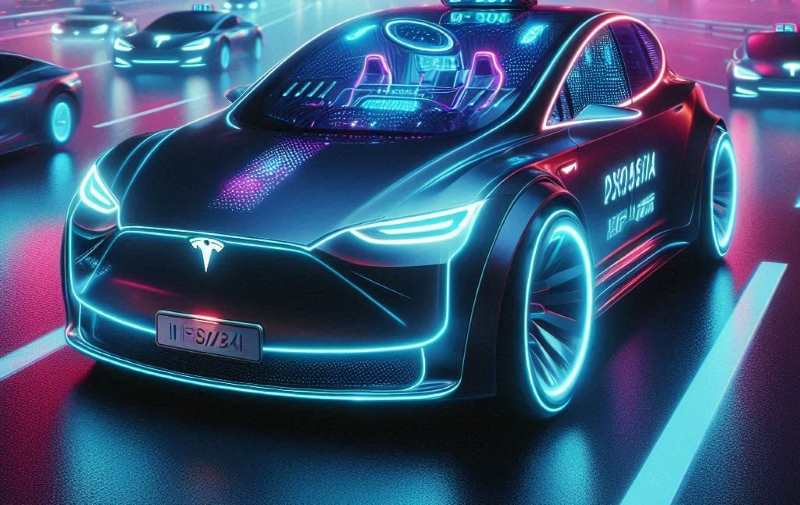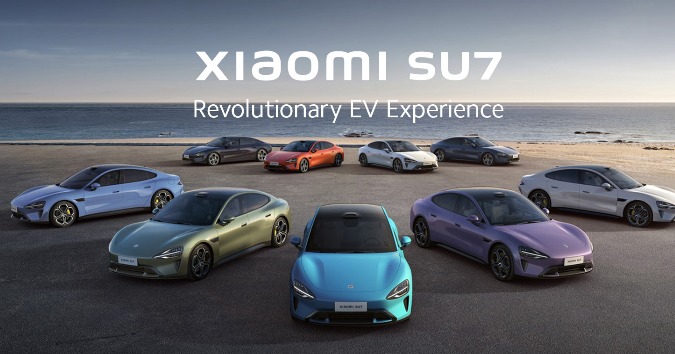Hydrogen engine is gaining popularity as an energy carrier due to its various benefits. It can be easily produced from water using renewable electricity and does not emit any greenhouse gases when burned. Additionally, hydrogen is colorless, odorless, and does not spill, making it an attractive option in the pursuit of achieving zero emissions.
Table of Contents
When it comes to powering vehicles, there are two main approaches using hydrogen. The first method involves using a fuel cell, which converts hydrogen into electricity to power the vehicle’s electric motors, similar to how electric vehicles operate.
The second approach is utilizing hydrogen engines, which are internal combustion engines that burn hydrogen as fuel. Both methods have their advantages and specific applications where they are best suited. However, hydrogen engines using internal combustion technology are more familiar and established.
Interestingly, one of the earliest examples of an internal combustion engine utilized a mixture of hydrogen and oxygen, featuring an electric spark ignition mechanism. François Isaac de Rivaz, a former Swiss artillery officer, invented this engine and used it to build a vehicle capable of transporting heavy loads over short distances
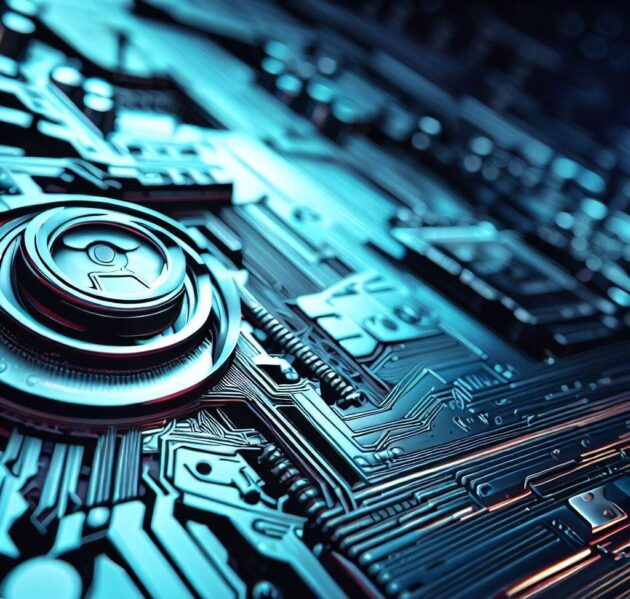
Hydrogen as a Clean Energy Carrier: Key Benefits
- Energy Storage: Hydrogen engines use hydrogen gas as fuel, which is stored in high-pressure tanks. On the other hand, lithium batteries store electrical energy in chemical form using lithium-ion technology.
- Energy Density: Hydrogen has a higher energy density compared to lithium batteries, meaning it can store more energy per unit mass or volume. This allows hydrogen-powered vehicles to have longer driving ranges without refueling compared to electric vehicles using lithium batteries.
- Refueling/Recharging: Refueling a hydrogen vehicle is similar to refueling a traditional gasoline vehicle, taking a few minutes to fill up the hydrogen tanks. In contrast, recharging lithium batteries in electric vehicles takes significantly longer, typically ranging from several hours to overnight, depending on the charging infrastructure and battery capacity.
- Infrastructure: Hydrogen refueling infrastructure is currently limited and less developed compared to electric charging infrastructure, which is more widely available. The availability of charging stations can impact the convenience and adoption of electric vehicles.
- Emissions: Hydrogen engines produce zero greenhouse gas emissions as the only byproduct of burning hydrogen is water vapor. Electric vehicles powered by lithium batteries also produce zero tailpipe emissions. However, the overall emissions associated with electric vehicles depend on the source of electricity used for charging. If the electricity comes from renewable sources, such as solar or wind, the emissions can be significantly reduced.
- Efficiency: Electric vehicles powered by lithium batteries tend to have higher overall energy efficiency compared to hydrogen engines. The conversion of electricity to power in electric motors is more efficient compared to converting hydrogen gas to electricity in a fuel cell and then using it to power electric motors.
- Cost: Currently, hydrogen fuel cell vehicles are generally more expensive than electric vehicles due to the cost of fuel cell technology and the limited infrastructure. Lithium batteries have become more cost-effective over time due to advancements in technology and economies of scale.
Toyota’s Commitment to Hydrogen: Mirai, Prius, and Beyond
Toyota, a major automotive manufacturer, has been a strong advocate of hydrogen fuel cell vehicles while being one of the last to introduce an all-electric vehicle. The company’s commitment to hydrogen as a viable carbon-neutral fuel is evident through its production of the Mirai fuel cell car and its plans for a hydrogen-powered heavy-duty truck assembly in Kentucky. Toyota also has two more hydrogen-powered models, the Prius and the Corolla, set to be released by the end of 2022.
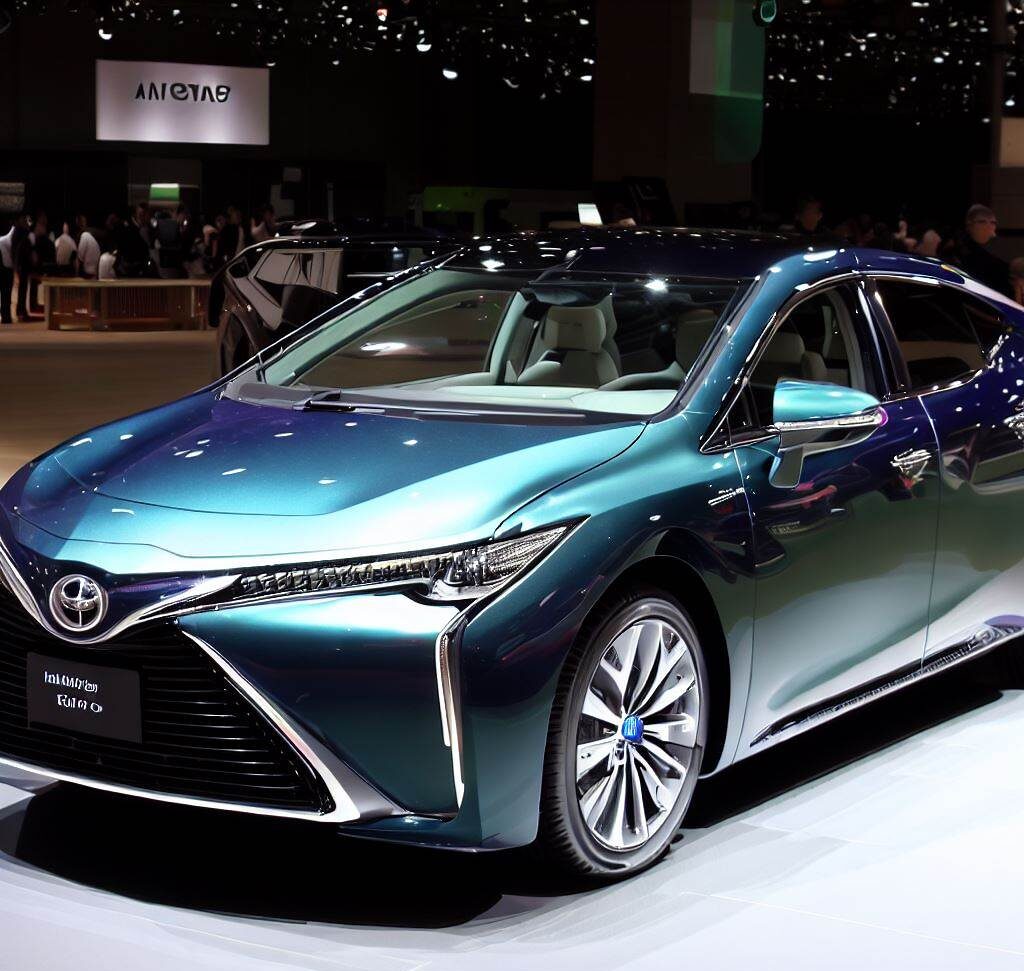
Toyota gained recognition with the introduction of the Prius in 1997, the world’s first mass-produced hybrid vehicle. Since then, the brand has expanded its hybrid and plug-in hybrid offerings across its entire lineup, making them available in various models. Toyota’s hybrid technology has been widely adopted, with the exception of sports cars like the Supra, GR Yaris, and GR86. Even the Land Cruiser is expected to have a hybrid variant in 2022.
Looking ahead, Toyota has plans to launch an all-new fifth-generation Prius gasoline-hybrid in December 2022. Additionally, the company aims to introduce a plug-in hybrid electric vehicle (PHEV) version powered by hydrogen in 2025. This represents the first time that Toyota will combine its two signature technologies—plug-in hybrids and hydrogen power—in a single vehicle.

